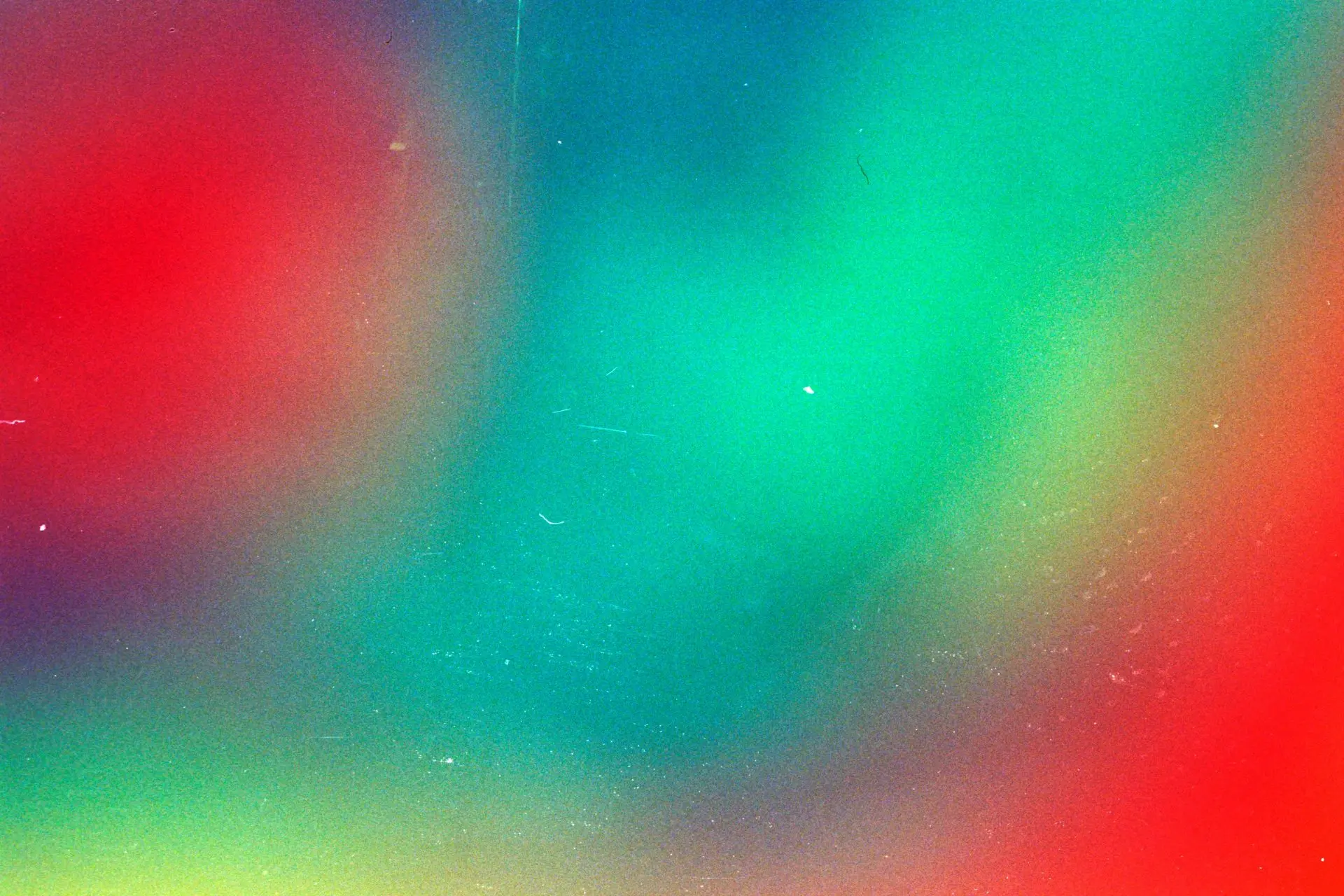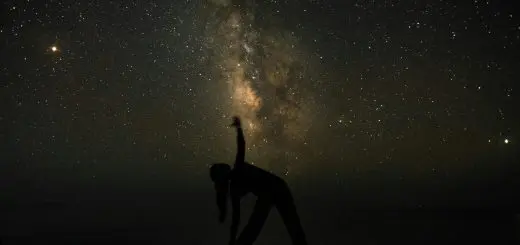Is Consciousness More Than the Brain? A Look into the Mind

Looking for more amazing products? Check out our online store and explore our collection here! Happy shopping!
Before diving in, please note: This post is for informational purposes only. If you’d like to know more about how we approach topics, feel free to check out our friendly Disclaimer Page.
Hey there, amazing readers! 
We’re committed to delivering quality posts, and your support (even just sticking around despite the ads) means everything to us. So, bear with us, and thanks for helping us keep the good vibes rolling. Now, on to the fun stuff!
TRANSLATE BUTTON AT THE END OF THE ARTICLE
A Quick Overview
Is consciousness more than just a product of the brain?
This question has puzzled thinkers for centuries.
From philosophers to neuroscientists, the search for understanding consciousness invites us to explore the very fabric of what it means to be aware.
In this article, we will delve into the intricate relationship between consciousness and the brain, examine various states of mind, and consider how emotions, animals, dualism, and even technology shape our awareness.
So grab a comfy chair, and let’s embark on this fascinating journey together!
Understanding Consciousness: A Brief Overview
Consciousness feels like an everyday experience, but its intricate nature can be challenging to grasp.
At its core, consciousness encompasses our thoughts, perceptions, sensations, and emotions.
It’s what allows us to reflect on our experiences, make decisions, and imagine future scenarios.
But when we start peeling back the layers, the concept becomes more complex.
Philosophers often describe consciousness as the "hard problem" because it involves subjective experience—how does it feel to be you?
This subjective aspect remains elusive.
Science can measure brain activity and map functions to specific areas, but it struggles to explain why certain neural processes lead to conscious experiences.
In essence, consciousness represents the intersection of science and philosophy.
It urges us to consider not just how our brains work, but why our experiences matter.
As we explore this subject, we’ll see how different perspectives contribute to our understanding of consciousness.
The Brain: Our Central Processing Unit Explained
The brain is an extraordinary organ, often likened to a supercomputer.
It processes information, coordinates movement, and regulates bodily functions.
With about 86 billion neurons, the brain communicates through complex networks, facilitating everything from reflexes to abstract thoughts.
Each section of the brain has its role.
The frontal lobe oversees decision-making and problem-solving, while the occipital lobe handles visual processing.
The limbic system, encompassing structures like the amygdala, plays a crucial role in emotions.
Together, these areas form a web of interactions that give rise to conscious awareness.
Recent advancements in neuroimaging allow us to visualize brain activity in real time.
Functional MRI (fMRI) and EEG monitor brainwave patterns and blood flow, revealing how we respond to stimuli.
For example, studies show that when we feel joy, specific areas in the brain light up.
This correlation between brain activity and conscious experience piques our curiosity.
Still, it raises the question: is our consciousness solely a byproduct of brain function?
What Is Consciousness? Defining the Enigmatic Concept
Before we dive deeper, let’s clarify what we mean by consciousness.
At its simplest, consciousness could be described as the state of being aware of oneself and the environment.
Explore the Path to Spirituality and Enlightenment – Start Here.
But that barely scratches the surface.
There are different layers to consciousness.
The primary aspect is referred to as "phenomenal consciousness," which relates to the raw experiences we have—like feeling pain or tasting chocolate.
Then there’s "access consciousness," which refers to the ability to report on and use those experiences—like telling a friend about that delicious chocolate.
Philosophers like Daniel Dennett argue that consciousness is more of a narrative we tell ourselves.
Our brain constructs stories from sensory input, memories, and emotions.
This narrative approach suggests that consciousness isn’t static; it morphs as we gather new experiences.
Consciousness is not a binary state; it operates on a spectrum.
From waking awareness to dreaming, altered states, and even states of minimal consciousness, our experiences of awareness shift continuously.
The Connection Between Brain Function and Awareness
Research increasingly points to a close relationship between brain function and consciousness.
But correlation doesn’t imply causation.
It’s like saying that wearing a lucky shirt leads to winning the lottery—there’s a connection, but it doesn’t mean one causes the other.
Take, for instance, the phenomenon of "blindsight." Some individuals with damage to the visual cortex can respond to visual stimuli without being consciously aware of them.
This suggests that brain processes can occur without awareness, challenging the idea that consciousness is entirely rooted in brain function.
Moreover, the concept of neural correlates of consciousness (NCC) has emerged.
NCC refers to the minimal set of neural events necessary for a specific conscious experience.
Research seeks to identify these neural mechanisms, yet the task is daunting.
It’s as if we’re trying to locate the "on" switch for consciousness—an endeavor filled with twists and turns.
As we learn more about how the brain functions, it becomes clearer that while brain activity plays a crucial role, it might not encompass the entirety of consciousness.
Are Dreams a Window to the Mind’s True Nature?
Dreams have captivated humanity for ages.
They blur the lines between reality and imagination, often leaving us puzzled upon waking.
But what do they reveal about our consciousness?
Freud famously interpreted dreams as the "royal road to the unconscious." He believed dreams could expose repressed desires and conflicts.
Today, psychologists view dreams as a window into our cognitive processes rather than just hidden wishes.
Studies show that dreaming may play roles in memory consolidation, emotional regulation, and problem-solving.
Ever had a dream that helped you work through a tough situation?
That’s not a coincidence!
Dreams can reflect our waking thoughts, fears, and hopes, showcasing the interplay between our conscious and unconscious minds.
While dreaming, our brains exhibit similar activity patterns to waking states.
So, are dreams a form of consciousness?
Perhaps they represent a different kind of awareness, one that exists between sleep and wakefulness—a fascinating thought, isn’t it?
Exploring Altered States: Meditation and Beyond
Have you ever felt a profound sense of peace during meditation?
Or perhaps experienced heightened awareness during a moment of excitement?
These altered states of consciousness challenge conventional ideas about awareness.
Meditation, mindfulness, and even experiences induced by psychedelic substances allow us to explore the depths of consciousness.
Studies indicate that meditation practices can lead to changes in brain structures associated with attention, emotion regulation, and self-awareness.
It’s like giving your brain a refreshing workout!
The state of "flow," often found in activities like sports or art, also exemplifies altered consciousness.
When fully immersed, time slips away, and self-consciousness fades.
Athletes often describe this as being "in the zone."
Exploring these states reveals that consciousness isn’t a fixed entity; it can expand and transform.
It’s like tuning a radio to find different frequencies—each experience offers a unique perspective on our inner selves.
The Role of Emotions in Shaping Conscious Experience
Emotions are key players in our conscious experience.
They color our perceptions and inform our decision-making.
Think about it: when you’re happy, the world seems brighter.
Conversely, sadness can cast a shadow over even the sunniest day.
The limbic system, particularly the amygdala, is crucial in processing emotions.
This area of the brain activates during emotional experiences, influencing our consciousness.
For instance, fear can heighten our awareness of danger, while joy can enhance our appreciation of beauty.
Emotions also shape our memories.
We’re more likely to remember emotionally charged experiences, highlighting their impact on our conscious narrative.
Ever recall a moment of laughter or profound sadness?
Those memories linger because our emotions make them significant.
In essence, emotions act as the paintbrush for our conscious experience, adding depth and vibrancy to our existence.
Can Animals Experience Consciousness Like Humans?
When pondering consciousness, we often center the discussion on humans.
But what about our furry (and not-so-furry) friends?
Do animals possess consciousness, too?
Research suggests that many animals exhibit signs of consciousness.
For example, dolphins demonstrate complex social behaviors, and crows can solve problems in ways that imply self-awareness.
The famous "mirror test," a common measure of self-recognition, has shown that some animals, like elephants and great apes, can recognize themselves.
The question of animal consciousness challenges our understanding of what it means to be aware.
If animals can experience emotions, make decisions, and solve problems, what does that say about their consciousness?
It’s a fascinating inquiry that invites us to broaden our perspective on awareness and intelligence.
As we learn more about the cognitive capabilities of various species, it becomes increasingly clear that consciousness exists on a spectrum, encompassing a wide range of experiences and forms.
The Science of Dualism: Mind vs. Body Debate
The age-old dualism debate poses the question: is the mind separate from the body?
Philosophers like René Descartes famously championed this view, suggesting that the mind exists independently of the physical brain.
This perspective continues to influence discussions about consciousness.
On the other side of the spectrum, materialism argues that consciousness arises solely from brain activity.
This view posits that our thoughts, feelings, and experiences are products of physical processes, leaving little room for an independent mind.
Neuroscience increasingly leans toward a materialist perspective, demonstrating correlations between brain function and consciousness.
Yet, dualism remains appealing; it speaks to our personal experiences of self, subjective awareness, and the mysteries of existence.
As we navigate this complex debate, it becomes clear that understanding consciousness requires us to consider multiple viewpoints.
The interplay between the mind and body continues to spark curiosity and exploration.
Quantum Theories: Consciousness Beyond the Physical
Some theorists have taken a bold approach, suggesting that consciousness transcends the physical realm.
Quantum theories of consciousness propose that our awareness might involve quantum processes.
The concept of "quantum consciousness" suggests that brain processes at the quantum level could influence our thoughts and experiences.
While this idea is highly speculative, it opens intriguing possibilities about the nature of consciousness.
However, bridging the gap between quantum mechanics and neuroscience is no easy task.
The complexity of both fields makes it challenging to draw definitive conclusions.
Nonetheless, these theories encourage us to explore consciousness from fresh angles, expanding our horizons.
Whether or not quantum consciousness holds weight, it emphasizes the necessity of questioning our assumptions about reality and awareness.
The Impact of Technology on Our Consciousness Today
In today’s tech-driven world, the interplay between consciousness and technology is compelling.
From smartphones to virtual reality, technology profoundly influences how we experience and engage with the world.
Social media invites us to curate our identities and share experiences, shaping our perceptions in real-time.
Yet, it also raises questions about authenticity and self-awareness.
Are we presenting an accurate reflection of ourselves, or are we crafting an illusion?
Virtual reality offers immersive experiences that can transport us to new environments.
This raises fascinating questions about the nature of consciousness—can we feel present in a virtual world?
Are those experiences just as valid as waking life?
As we navigate this digital landscape, it’s essential to reflect on how technology shapes our consciousness.
It can enhance awareness and connectedness, but it also demands mindfulness about the influence it exerts.
Looking Ahead: The Future of Consciousness Research
The quest to understand consciousness is far from over.
As science and philosophy continue to evolve, new insights will emerge.
Interdisciplinary approaches will enrich our understanding, blending neuroscience with psychology, philosophy, and even art.
Emerging technologies, such as brain-computer interfaces, may offer tools to explore consciousness in unprecedented ways.
Imagine being able to communicate thoughts directly or experience another person’s perspective.
As we continue to probe these questions, we can anticipate exciting discoveries about the nature of consciousness.
It’s a journey filled with wonder, curiosity, and a profound appreciation for the human experience.
Conclusion
So, is consciousness more than just the brain?
The answer remains elusive.
While the brain plays a crucial role in shaping our experiences, consciousness encompasses a rich tapestry of emotions, perceptions, and subjective realities.
Our exploration of dreams, altered states, and the experiences of animals highlights the complexity of this enigmatic concept.
As we confront the dualism debate and consider quantum theories, we realize that consciousness invites us to ponder the mysteries of existence.
The impact of technology adds another layer to this discourse, urging us to reflect on how our fast-paced world influences our awareness.
As we look ahead, the future of consciousness research promises to unveil even more about this fascinating aspect of life.
In the end, consciousness is a journey, one that extends beyond the brain.
It invites us to explore, wonder, and connect with ourselves and each other in ways that are deeply meaningful.
Let’s keep asking questions and embrace the adventure of discovering what it truly means to be conscious!

The Enlightenment Journey is a remarkable collection of writings authored by a distinguished group of experts in the fields of spirituality, new age, and esoteric knowledge.
This anthology features a diverse assembly of well-experienced authors who bring their profound insights and credible perspectives to the forefront.
Each contributor possesses a wealth of knowledge and wisdom, making them authorities in their respective domains.
Together, they offer readers a transformative journey into the realms of spiritual growth, self-discovery, and esoteric enlightenment.
The Enlightenment Journey is a testament to the collective expertise of these luminaries, providing readers with a rich tapestry of ideas and information to illuminate their spiritual path.
Our Diverse Expertise
While our primary focus is on spirituality and esotericism, we are equally passionate about exploring a wide range of other topics and niches 

To ensure we provide the most accurate and valuable insights, we collaborate with trusted experts in their respective domains 
Our blog originally focused on spirituality and metaphysics, but we’ve since expanded to cover a wide range of niches. Don’t worry—we continue to publish a lot of articles on spirituality! Frequently visit our blog to explore our diverse content and stay tuned for more insightful reads.
Hey there, amazing reader! 
Check out our store here and take a peek at some of our featured products below! Thanks for being awesome!














